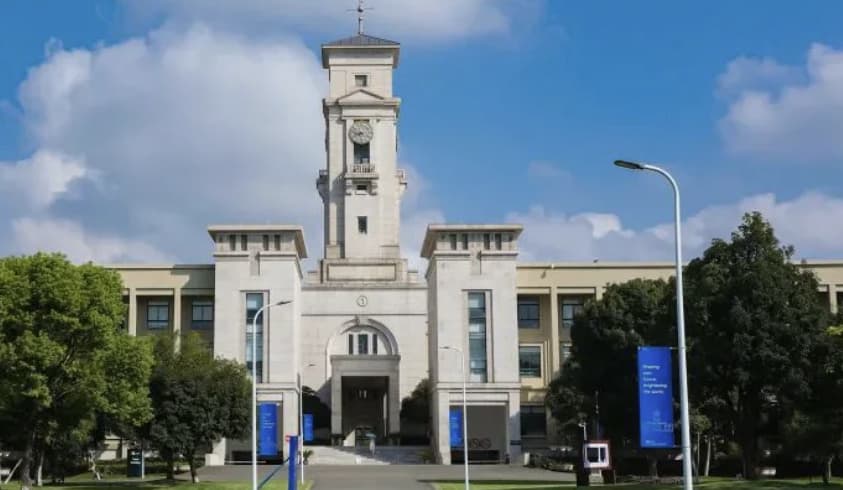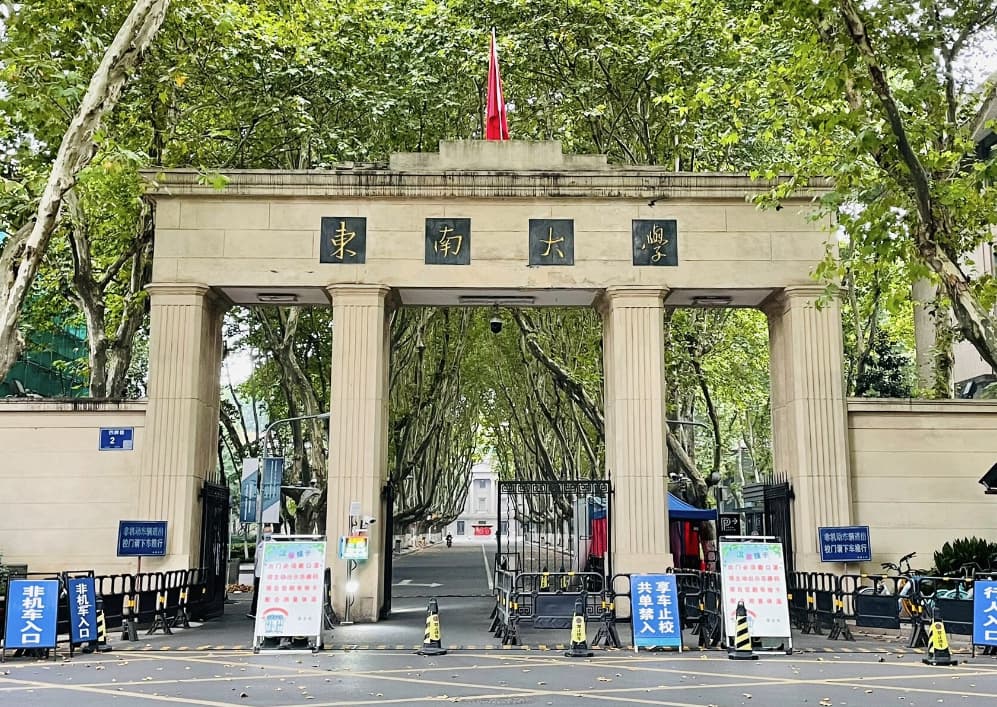The Ultimate Guide to Top Schools for Professional Translation Master's Programs in China
Choosing the right graduate program for a Master's in Translation can be a game-changer for your career. With numerous universities offering specialized training, it's essential to understand which institutions stand out in terms of curriculum, faculty, and industry connections. This guide explores the most prestigious translation programs in China, helping you make an informed decision. Whether you're interested in literary translation, technical writing, or interpretation, we'll break down the key factors that make these schools top contenders. From renowned professors to cutting-edge resources, discover why these institutions are the gold standard in translation education.
Frequently Asked Questions About Top Translation Programs
1. What Makes a Translation Program Rank High in China?
The ranking of translation programs in China is based on several critical factors. First, the quality of faculty plays a huge role—universities with professors who have extensive industry experience or academic accolades tend to rank higher. For example, Peking University’s School of Foreign Languages boasts a team of experts who have translated for the United Nations, giving students real-world insights. Second, curriculum relevance matters; programs that blend theory with practical skills, like simultaneous interpreting training or specialized glossary development, are more appealing. Additionally, resources such as language labs, translation software, and partnerships with publishing houses or translation companies give students an edge. Lastly, alumni success—how well graduates land jobs in top translation firms or academia—also influences rankings. Schools like Fudan University and Beijing International Studies University consistently score high because they excel in all these areas.
2. Are Online Translation Programs as Good as Traditional Ones?
While traditional on-campus programs offer immersive experiences, online options have gained traction, especially for working professionals. However, their quality varies. Top universities like Tsinghua University now offer hybrid programs, combining online flexibility with in-person workshops. These programs are ideal for those who need to balance work and studies. On the downside, online courses may lack hands-on practice, which is crucial for translation. For instance, interpreting practice requires real-time interaction, something online platforms can’t fully replicate. But for written translation, many online courses provide robust training in CAT tools (like SDL Trados) and style guides. The key is to look for programs with interactive components, such as live translation critiques or virtual labs. Schools like Shanghai International Studies University have started offering high-quality online tracks, proving that distance learning can be as effective if designed well.
3. How Do I Choose Between a General and a Specialized Translation Program?
Your choice depends on your career goals. General programs, like those at Nanjing University, cover a wide range of translation types, giving you versatility. If you’re unsure about specializing, this is a good option. However, specialized programs, such as the Literary Translation program at Sichuan University, focus on niche areas like poetry or legal translation. These are better if you have a clear goal. For example, a legal translator would benefit from courses in terminology databases and court interpreting, which general programs might overlook. Specialized schools also often have industry connections in that field—Sichuan University, for example, has ties to publishing houses for literary translators. Consider your strengths too: if you’re a strong writer, a literary program might suit you; if you’re tech-savvy, technical translation could be your calling. Research the curriculum, faculty’s expertise, and internship opportunities to make the best choice.


.jpg)
.jpg)

.jpg)

.jpg)
.jpg)

.jpg)